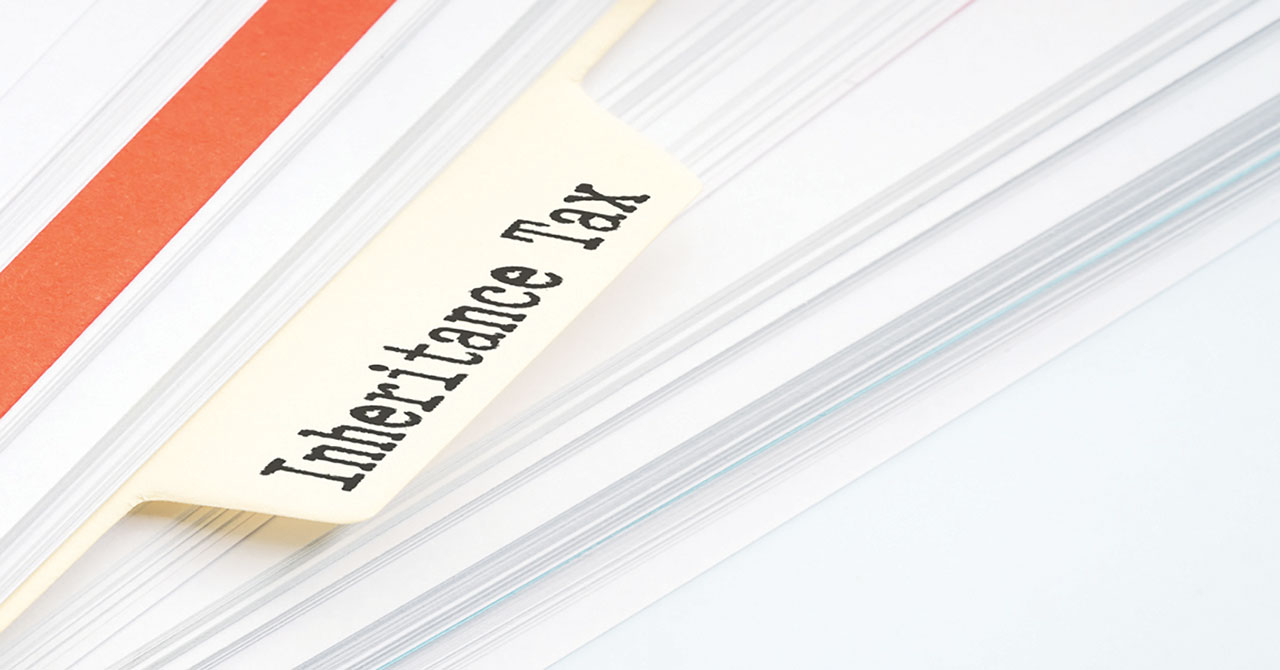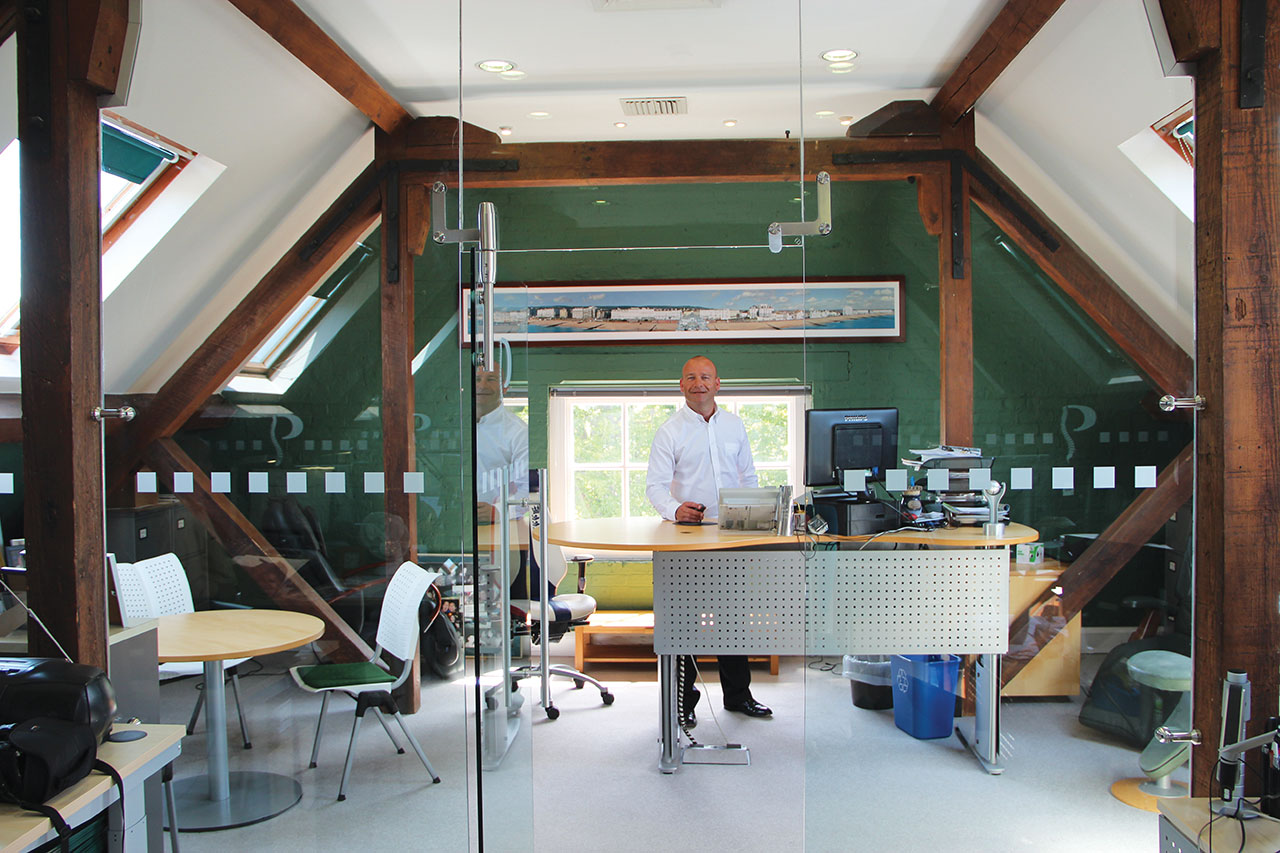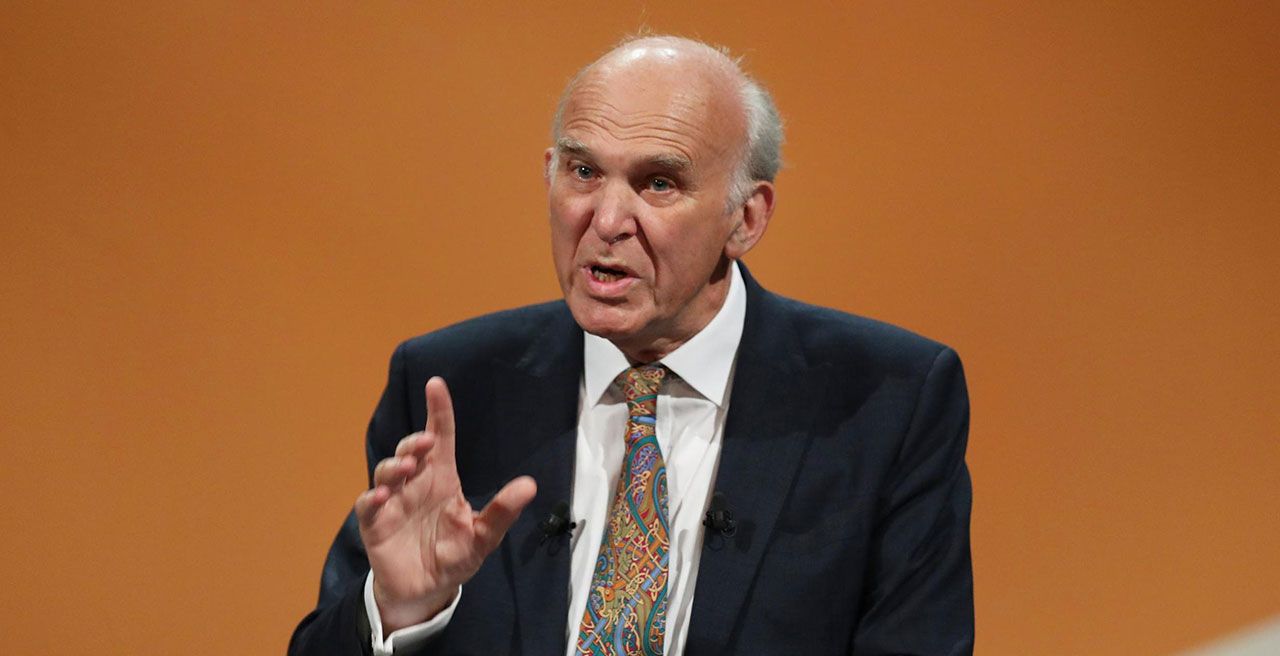
This month MHA Carpenter Box Partner and Head of the Tax Services Group, Stuart Noakes, takes a look at Inheritance Tax (IHT) and the measures that individuals can take to reduce their liability to this tax upon death.
Benjamin Franklin coined the phrase ‘in this world nothing can be said to be certain, except death and taxes’, so it’s no surprise that Inheritance Tax (IHT) has become a growing concern for many people, particularly those edging towards retirement. The good news is that unlike many other taxes, there are plenty of things you can do now that will help you pass on more of your wealth to family and friends, rather than the taxman, once that final chapter is closed.
Inheritance Tax is the tax payable on the value of property passing on a person’s death. It may also be payable on certain lifetime gifts, subject to exemptions and reliefs. Upon death, Inheritance Tax is calculated based on the value of the estate over and above what is called the nil-rate band. That currently stands at £325,000 per individual. Spouses leaving assets to each other in their wills will pay tax only on the second death when the value of the joint estate is over £650,000.
From 6th April 2017, there is an additional residence nil-rate band which is available where the main home is left to direct descendants. This band is £100,000 for 2017/18, £125,000 for 2018/19, £150,000 for 2019/20 rising to £175,000 for 2020/21. It will be possible therefore for a joint estate for married partners to have up to £1,000,000 tax free estate on the second death.
Any IHT due will be paid out of your estate and will obviously reduce the assets available to your beneficiaries. Inheritance Tax is calculated at 40% on anything above the £325,000 Inheritance Tax threshold (or possibly 36% if you leave at least 10% to a charity).
Lifetime gifts
By making gifts during your lifetime to loved ones, you may be able to reduce your estate for Inheritance Tax purposes. A number of these options are explained below.
Spouses
Transfers of value between spouses (or partners in a civil partnership) are exempt. If a couple separate, the exemption applies until the divorce becomes final (decree absolute received).
Annual exemption
For each tax year an individual is entitled to an exemption of £3,000. Amazingly, this amount has remained unchanged since 1981. The exemption can be used to exempt part of a larger gift. If the transferor makes more than one transfer in the tax year, the exemption is set against earlier transfers in priority to later transfers.
Normal Expenditure out of Income
In order to qualify for this exemption the transfer of value must:
Be made as part of the normal expenditure of the transferor (i.e. it is part of a pattern of such giving); and
Taking one year with another, be made out of the income of the transferor; and
Leave the transferor with sufficient income to maintain his usual standard of living without, for example, having to use capital to make up for his reduced income.
Potentially Exempt Transfers (PETs)
In addition to the gifts listed above, you can consider making gifts during your lifetime for much larger amounts. These gifts are “potentially exempt” depending on the number of years survived beyond the date of the gift. If the person making the gift lives for seven years from the date the gift is made then the transfer of assets will become fully
exempt – in other words it falls out of the reckoning. If the person making the gift dies within the seven years, a discounted rate of IHT applies where the death occurred between three and seven years after the gift is made.
Help with fees
A measure that is proving increasingly popular to those with grandchildren in private education is to contribute towards their school fees. This works well on various levels; grandparents obtain the benefit of some IHT planning by reducing the value of their estate and parents have more disposable income as a result of needing to pay less in school fees.
One way of making the gift could be to utilise the £3,000 annual exemption mentioned above. Gifts up to this value may be made every year – by each grandparent – completely free of IHT. This would amount to a fairly substantial sum over the course of a child’s education.
For those grandparents who wish to contribute more than or in addition to the annual exemption, regular school fee payments may be made from their income. Such gifts will be exempt for IHT purposes provided that they come from surplus income and do not negatively impact on their normal standard of living.
Where insufficient income is available to make regular contributions, school fee payments could be made from capital. Such gifts would be considered to be PETs (see above).
A final possibility to consider where grandparents are able to offer a lump sum gift would be to set up a trust for the purposes of paying school fees or other educational costs.
Depending upon the type of trust chosen it is possible to gift assets but still retain an element of control, which is often desirable where younger children are concerned or where there are difficulties between a child’s parents. Up to £650,000 may be gifted as a couple with no immediate charge to IHT and, provided that the settlors are still alive seven years after making the gift into trust, the transferred assets will not be included in their estate.
Those grandparents who are able to make a contribution towards their grandchildren’s school fees could reduce the proportion of their estates that may be subject to IHT at 40%. With private school fees likely to rise, it’s well worth thinking about such a contribution, benefitting from some simple IHT planning and leaving a legacy that could benefit your grandchildren for life.
The small print: Each individual’s circumstances are different, so a personal review should always be undertaken to ensure that the most suitable strategy is followed.
If you are interested in our help with IHT, or further planning advice, our tax advisory service can help you think through your options. Please call Stuart Noakes on 01903 234094 or visit www.carpenterbox.com.
Your personal invitation to our Investment & Tax Seminar
Chartered Tax Advisers from the Tax Services Group at MHA Carpenter Box, together with pensions and investment experts from Carpenter Box Wealth Management, will be holding a seminar in the morning of 8th February at South Lodge Hotel (near Horsham). The seminar is aimed at helping individuals to navigate their way through the myriad of opportunities and confusion around pensions and investments, whilst giving tips to help make sure that any investments made are as tax efficient as possible.
You can sign up for the event by visiting www.carpenterbox.com/investment-tax-seminar.







